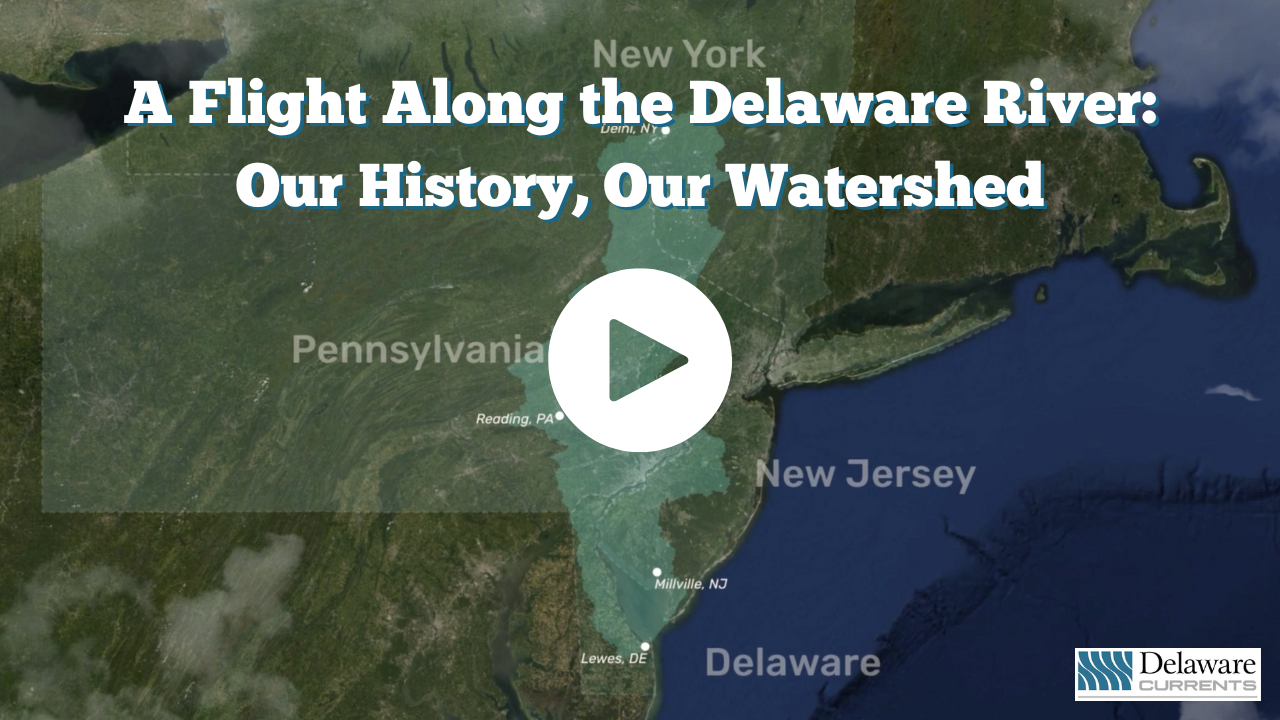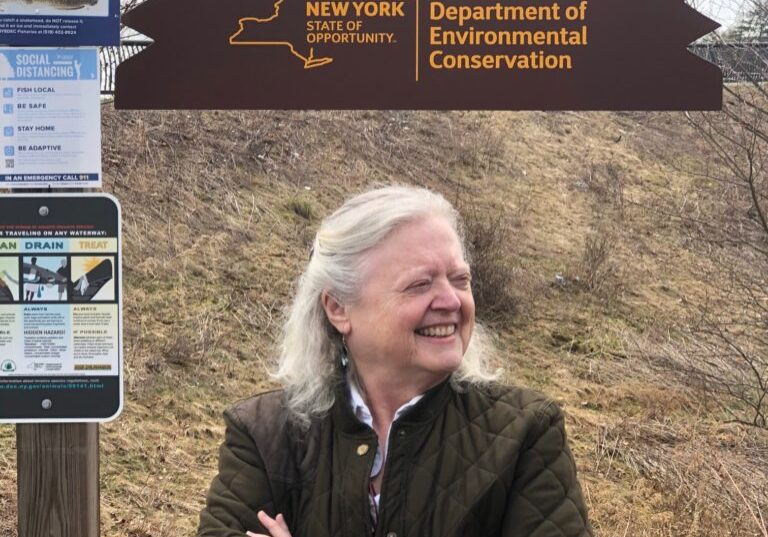
It must be Spring: National Park Service closes River Road for amphibians
| March 19, 2021
On warm and rainy spring evenings every year hundreds of amphibians cross River Road to lay
their eggs in the wetlands of the Delaware Water Gap National Recreation Area. Starting in the late ‘90s,
the National Park Service closes River Road between 4 p.m. until the following morning
throughout March and April. The closures ensure the safety of the nocturnal amphibians as
they cross the street to breed in the local wetlands near park headquarters. Some of the
amphibians are Spotted Salamanders and Spring Peepers.
Kathleen Sandt, a DWGNRA spokeswoman, explained there are many more amphibians than just
the two listed, though for the protection of the endangered and at-risk species, she was
purposely vague in her descriptions. Due to its high volume of traffic, River Road is the only
road in the park affected.
After witnessing hundreds of amphibian deaths, a bystander alerted the NPS of the hazard
caused by passing vehicles. Ever since the NPS became aware of this issue, it began closing
River Road — specifically the area between Hialeah Picnic Area and the park headquarters. The
Park Service encourages motorists to also limit travel in areas local to wetlands to prevent the
accidental deaths. It is important to note that these critter crossings are not specific to the
DWGNRA. The Pocono Mountains and nearby regions are also home to amphibians
crossing roads to breed in local wetlands.
Motorists can assume that if it is a rainy night between March and April the road closure is in effect. They can also access the DWGNRA’s Facebook page.
The amphibians hibernate away from the wetlands in the winter months, and the migration only occurs on
warm, rainy spring nights. Some hibernate in mud, some burrow underground, while others
take cover in the leaves on the forest floor. Once the ground starts to thaw and temperatures
increase, the amphibians instinctively leave their winter homes. Due to the need to remain
moist, amphibians rely on warm rainy nights and mucus-releasing glands to prevent them from
drying out on their voyage.
Locals to the area and visitors to the park can expect to see and hear toads, frogs and
salamanders, all of which take the yearly trek to the wetlands. While it is not recommended
and highly discouraged to handle the amphibians — their porous skin can absorb chemicals, oils,
and other substances on hands — Sandt encourages us to listen to the spring peepers’ spring chorus.
The spring peepers are small frogs that announce spring’s arrival through their chirping.
By avoiding roads near wetlands and respecting the animals’ space, locals and visitors can ensure a safe and successful breeding season for all amphibians.



![DC_Image [Image 4_Assunpink Meets Delaware] meets Delaware The Assunpink Creek on its its way to meet the Delaware River. The creek passes through woods, industrial and commercial areas and spots both sparkling and filled with litter.](https://delawarecurrents.org/wp-content/uploads/bb-plugin/cache/DC_Image-4_Assunpink-meets-Delaware-1024x768-landscape-14f069364113da5e8c145e04c9f2367c-.jpg)




Great article, Jessie! I am by the river on River Road and can hear the spring peepers as I type this. It’s my favorite sound all year.
Thank you for the informative and insightful articles. You have a great career and journey ahead of you 👍. I lived in Blairstown for 20 years. Had to move to PA where I lived a mile away from the Susquehanna River (the Tunkhannock Creek ran right through my backyard)), sometimes it even WAS my backyard).and now I am in Pittston, but still on the Susquehanna. So glad to see some progress being made on removing the river dams and restoration of our habitat and the lives of fish and other wildlife.
Happened upon your informative article after reading about the dam removal project. Was thrilled to find out you are a journalist interested in nature and helping to bring awareness to local residents about nature conservation in their backyard! Thank you. Keep your dreams alive and keep writing. New Jersey is diversified and has many undiscovered natural wonders. They are there to be discovered and cherished, if we will look for them and preserve their beauty!